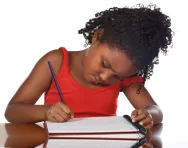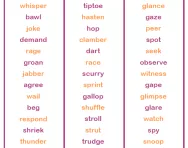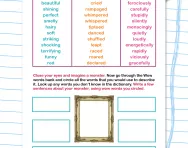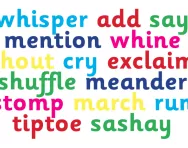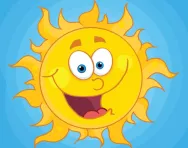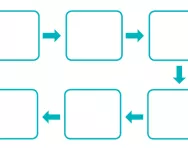Important update from TheSchoolRun
For the past 13 years, TheSchoolRun has been run by a small team of mums working from home, dedicated to providing quality educational resources to primary school parents. Unfortunately, rising supplier costs and falling revenue have made it impossible for us to continue operating, and we’ve had to make the difficult decision to close. The good news: We’ve arranged for another educational provider to take over many of our resources. These will be hosted on a new portal, where the content will be updated and expanded to support your child’s learning.
What this means for subscribers:
- Your subscription is still active, and for now, you can keep using the website as normal — just log in with your usual details to access all our articles and resources*.
- In a few months, all resources will move to the new portal. You’ll continue to have access there until your subscription ends. We’ll send you full details nearer the time.
- As a thank you for your support, we’ll also be sending you 16 primary school eBooks (worth £108.84) to download and keep.
A few changes to be aware of:
- The Learning Journey weekly email has ended, but your child’s plan will still be updated on your dashboard each Monday. Just log in to see the recommended worksheets.
- The 11+ weekly emails have now ended. We sent you all the remaining emails in the series at the end of March — please check your inbox (and spam folder) if you haven’t seen them. You can also follow the full programme here: 11+ Learning Journey.
If you have any questions, please contact us at [email protected]. Thank you for being part of our journey it’s been a privilege to support your family’s learning.
*If you need to reset your password, it will still work as usual. Please check your spam folder if the reset email doesn’t appear in your inbox.
What is extended writing?
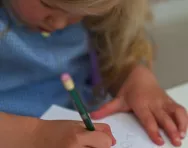
What is extended writing?
Extended writing is when children are given a set amount of time to produce a piece of writing without any help from an adult.
Usually, the extended writing session will mark the end of a unit of literacy teaching.
For example: teachers may spend three or four weeks working with the children on play scripts. They may start by reading and performing play scripts, then will practise writing speech out using play-script conventions, then start to draft their own scenes and perform them. At the end of the unit, they will be expected to produce their own play-script in the extended writing session, showing what they have learnt over the past few weeks.
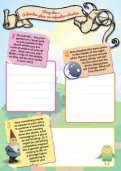
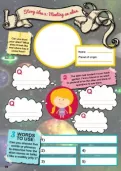
Download a FREE Creative Writing toolkit!
- KS1 & KS2 workbooks
- Bursting with fill-in prompt sheets and inspiring ideas
- Story structure tips, style guides and editing suggestions
Extended writing in the classroom
Children have access to high quality texts and visual stimuli which spark imagination and inspire ideas for writing. Texts are used to explore layout and language features of specific genres. Children are taught to use precise grammatical terminology to discuss and learn from the works of notable authors and to explain their own choices. Grammar is taught in context, although stand-alone grammar lessons are taught when necessary.
Children are then given about 10 minutes to plan their piece of writing. In Key Stage 1 they will be given about 30 minutes to complete their writing task and in Key Stage 2 they are given about 45 minutes.
Writing should be done independently and without the children talking. Some teachers play music quietly in the background. The idea is that children are given the space and time to really concentrate on their writing and apply all the skills they have been learning.
Writing assessments: how teachers mark extended writing tasks
Pieces of writing produced in extended writing sessions are very important for teachers to use when assessing the children's writing skills. They will look to see if children are including the elements taught and also where they could improve.
Some schools have a system for giving feedback.
One of these is 'a star and a wish'; for example:
∗ Well done for using great description! You have used plenty of adverbs here.
➢ Have a look at where I have underlined your speech punctuation. Can you see what you need to add?
Some schools may have a system where they highlight positive elements in a child's writing in one colour (for example: Pink = think) and then bits that need improving in another colour (for example: Green = Go!).
Children will then be given back their marked piece of work and asked to improve it. They will either do this individually, or they may swap books with a partner and help each other edit their work.


